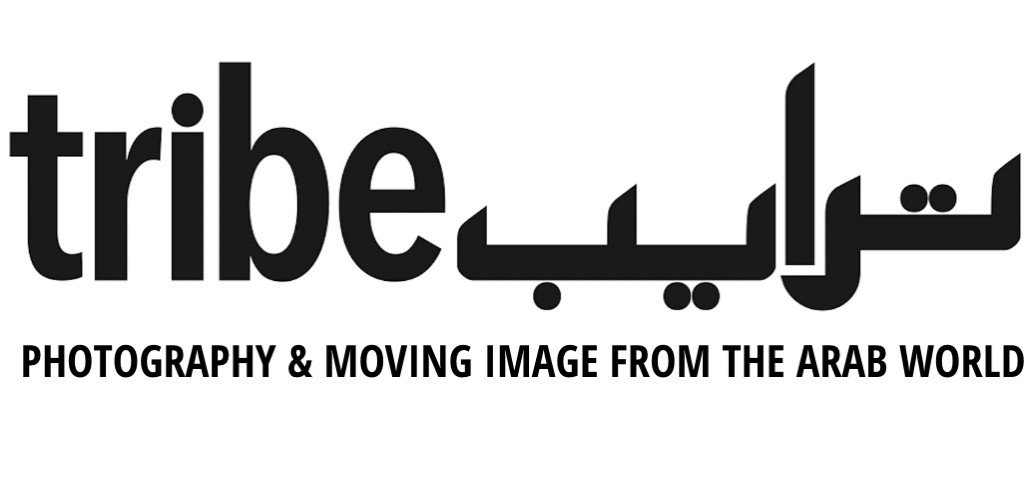Mohammed Al-Kouh: Tomorrow’s Past
Ideating Cities and Heritage
Mohammed Al-Kouh, Elhelayla, from the series Tomorrow’s Past. Courtesy of the artist.
With text by Rana Sadik.
On talking to Mohammed Al-Kouh, or even scrolling through his social media posts, it becomes clear that he has an acute awareness of “souls”. A self-taught Kuwaiti artist, navigating the changing identity of his home country, Al-Kouh layers negatives and then develops his image, playing with the cultural belief that photography steals souls. He sees this theft as a preservatory act in the fight against the continual tide of drowning histories rather than as s hiding or a loss.
He is extraordinarily neat, habitually tidy in appearance, meticulous in his studio, his archives are in order and his storage facility has everything carefully placed. There is the impression of walking into a movie studio set from an era well before his time. This is an era that he is almost preoccupied with, looking for values that appear to have existed because of the privacy that was granted. He believes that the soul of this moment has not been used up. He is in search of an icon, or perhaps a hero, something that his own soul is yearning for.
Rather than looking for this icon in portraiture, his hand-coloured photographs form the series Tomorrow’s Past toy with reality. The images depict buildings and structures, once visible emblems of the Golden Era in Kuwait that have since begun disappearing from the landscape. His use of colour, rather than adding realism to the prints, becomes an interpretive tool, blushing the strong modernist architectural forms with delicate pastels that reflect their vulnerability in the face of progress. His titles express an inherent disappointment, evoking the eventualities looming for the landmarks; Till we meet in Heaven, Tomorrow’s past, The End.
Al-Kouh places himself in the midst of larger heritage debates that have manifested themselves in two conferences that took place within weeks of each other in Kuwait. The first was Urban and Modern Heritage in the Arab States (1-3 December, 2015) which was organized by UNESCO to discuss the integration of conservation and heritage training into urban planning in the Middle East. It was then followed by Legitimizing Tradition (17-20 December, 2016), which discusses the concept of legitimacy within a global context, including questions regarding authenticity, tradition and environment crafting. Like the scholars participating in these conversations, Al-Kouh grapples for an identity devoid of the oil curse, far removed from the Iraq invasion of Kuwait in 1990. Just as the technique he uses and the pigments he has to scour to find is painstaking, there is a contemporary culture, a chronic newness, an identity is an ever-changing heritage, there is no end to it, there is no finality nor absolutes in it.


